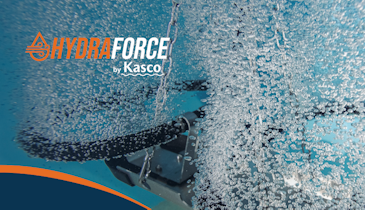With a need for water plant operators growing, training and continuing education are more important than ever. According to the U.S. Bureau of Labor Statistics, an additional 7,000 water and wastewater operators will be needed over the next decade.
A new scholarship program...





